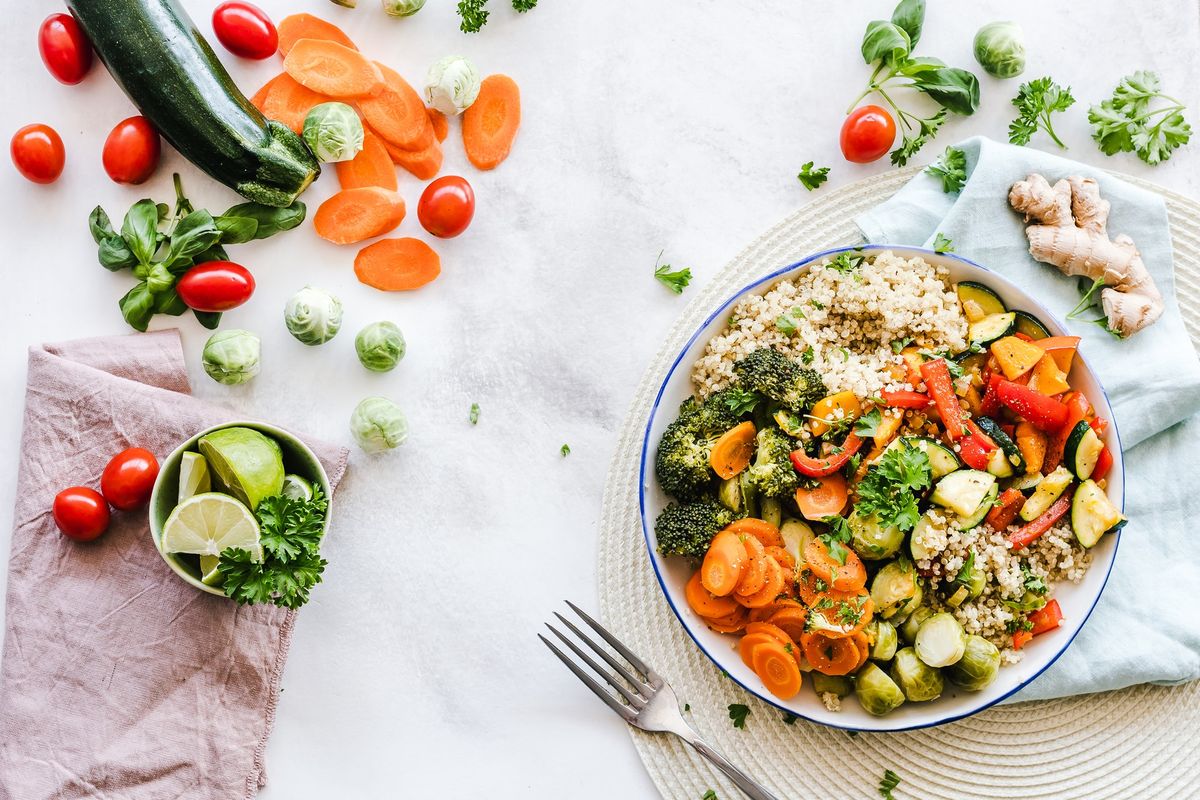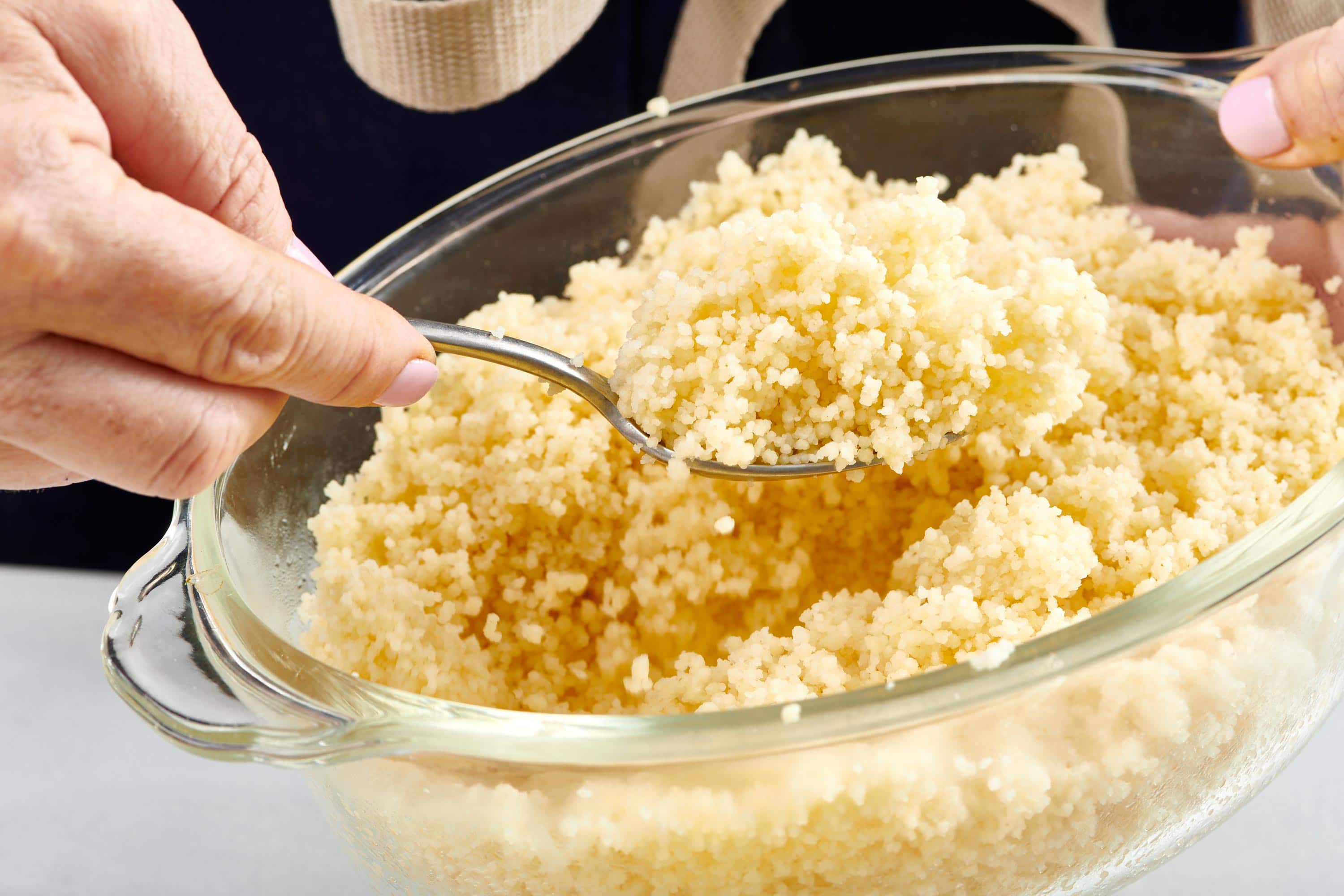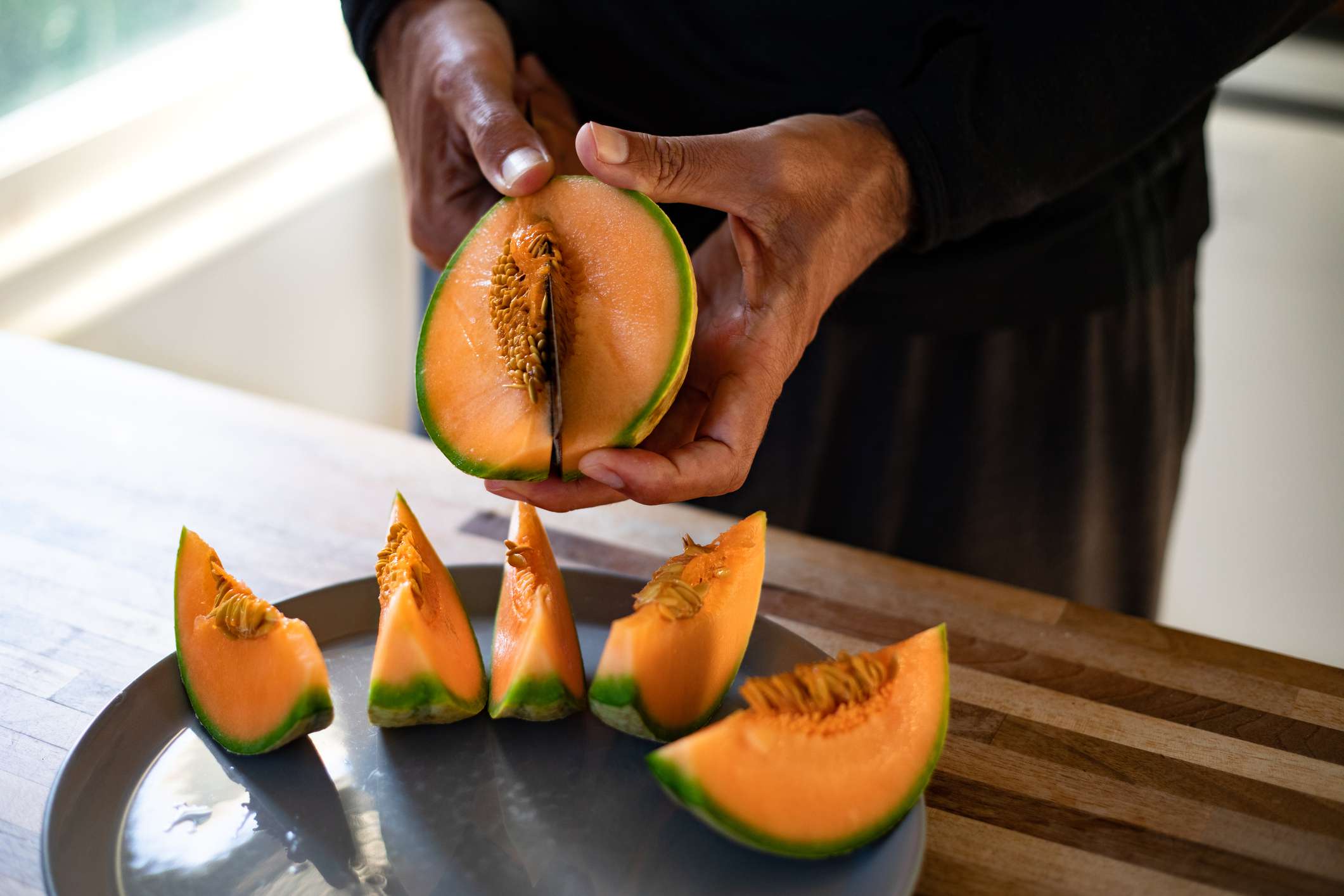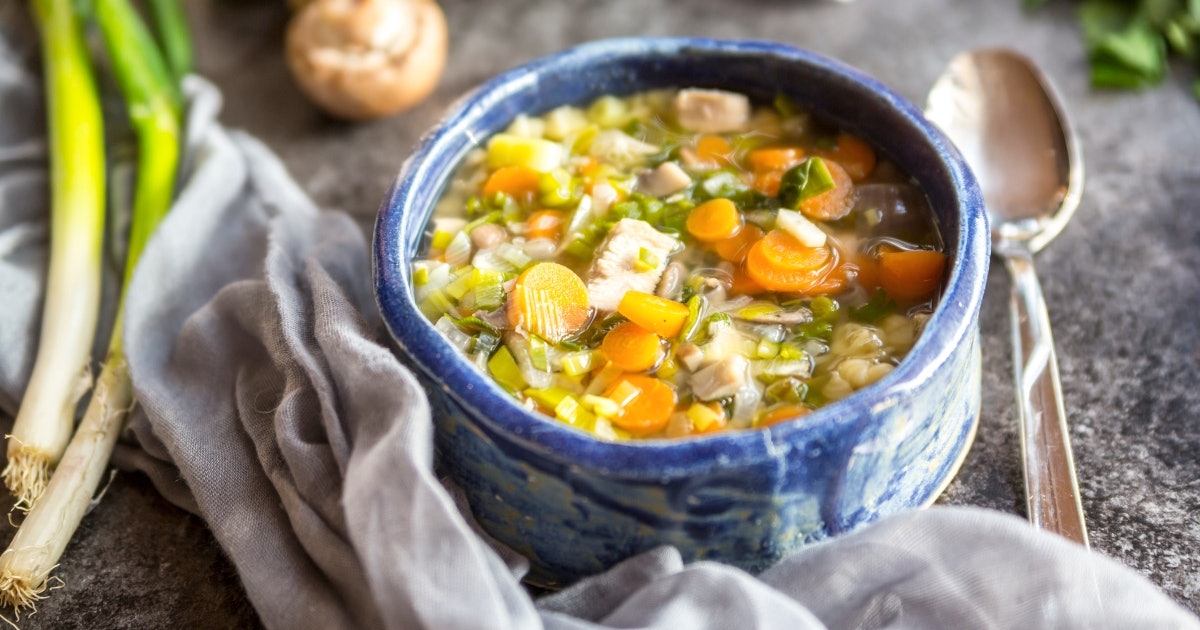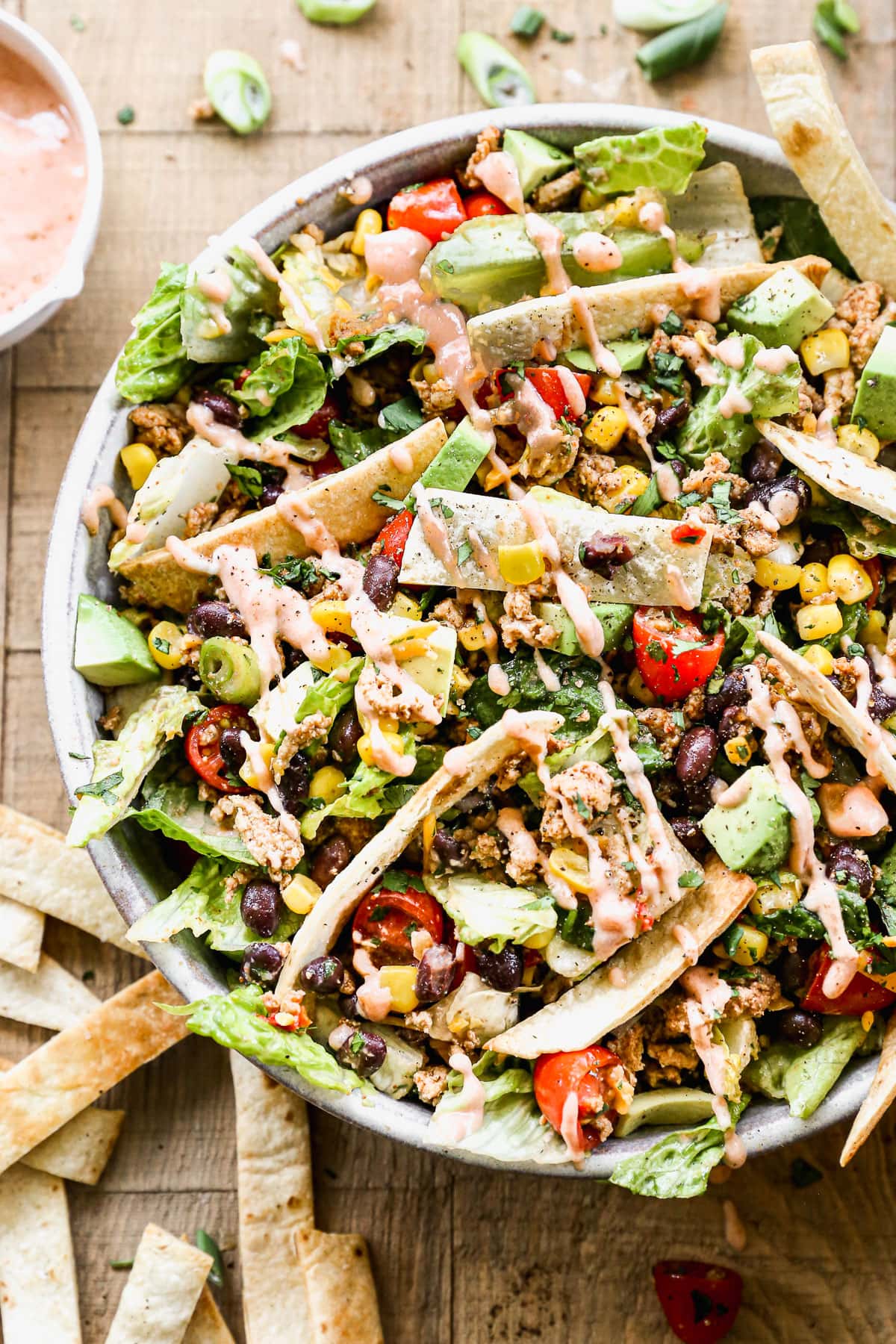Easy Ways to Incorporate More Vegetables into Your Diet
Are you looking to improve your health and nutrition? One of the best ways to do so is by incorporating more vegetables into your diet. Vegetables are packed with essential vitamins, minerals, and fiber that are crucial for maintaining a healthy body. If you’re struggling to find ways to eat more vegetables, don’t worry – we’ve got you covered. Here are some easy and delicious ways to add more vegetables to your meals:
1. Start Your Day with Vegetables
Breakfast is the most important meal of the day, so why not start it off with a serving of vegetables? You can easily add spinach, tomatoes, or bell peppers to your morning omelet or scramble. If you’re a smoothie lover, throw in some kale or carrots for an added nutrient boost.
2. Snack on Veggies
Instead of reaching for a bag of chips or a candy bar, opt for crunchy vegetables as a snack. Carrot sticks, cucumber slices, and bell pepper strips are all great options for dipping in hummus or yogurt-based dips. Not only are these snacks low in calories, but they also provide essential nutrients that your body needs.
3. Make Veggie-Packed Meals
When preparing meals, make it a point to include a variety of vegetables. Whether it’s a stir-fry, pasta dish, or soup, there are countless ways to incorporate vegetables into your meals. Try adding kale or spinach to your pasta, loading up your pizza with colorful bell peppers and mushrooms, or creating a hearty vegetable soup with carrots, celery, and broccoli.
4. Experiment with Different Cooking Methods
If you’re not a fan of plain steamed vegetables, try experimenting with different cooking methods to enhance their flavor. Roasting vegetables with a drizzle of olive oil and garlic can bring out their natural sweetness, while grilling or sautéing can add a delicious charred flavor. Don’t be afraid to get creative in the kitchen!
5. Sneak Vegetables into Your Favorite Dishes
If you’re a picky eater or simply don’t enjoy the taste of certain vegetables, try sneaking them into your favorite dishes. Puree zucchini and add it to your spaghetti sauce, blend cauliflower into mashed potatoes, or mix finely chopped mushrooms into your ground meat for burgers or meatloaf. You’ll be getting the nutritional benefits of the vegetables without even realizing it!
6. Join a Community Supported Agriculture (CSA) Program
Signing up for a CSA program is a great way to support local farmers and receive a variety of fresh, seasonal vegetables. By getting a weekly or monthly box of produce, you’ll be inspired to try new vegetables and incorporate them into your meals. Plus, you’ll be supporting sustainable farming practices in your community.
7. Get Creative with Salads
Salads don’t have to be boring! Get creative with your salad ingredients by adding a variety of vegetables, fruits, nuts, and seeds. Try mixing kale with quinoa, roasted sweet potatoes, and avocado for a hearty and satisfying salad. Experiment with different dressings to find combinations that you love.
8. Plan Your Meals in Advance
One of the best ways to ensure that you’re eating more vegetables is by planning your meals in advance. Take some time at the beginning of each week to plan out your meals and make a grocery list that includes plenty of fresh vegetables. Having a plan in place will make it easier to stick to your goal of eating more vegetables.
By incorporating these simple tips into your daily routine, you’ll be well on your way to eating more vegetables and reaping the numerous health benefits that they provide. Remember, small changes can lead to big results, so start by adding just one extra serving of vegetables to your meals each day and gradually increase from there. Your body will thank you for it!
More Delicious Ways to Enjoy Vegetables
For those looking to incorporate more vegetables into their diet, the array of recipes provided offers a delicious starting point. Consider the Grilled Veggie Delight Wraps for a light, nutritious meal, or dive into the rich flavors of Creamy Butternut Risotto. For a creative twist on traditional dishes, the Zoodle Pad Thai is highly recommended. These recipes not only enhance your culinary skills but also align perfectly with the guide's objective to increase vegetable intake. Each dish is designed to be both enjoyable and beneficial, ensuring that you can easily integrate more vegetables into your daily meals.
